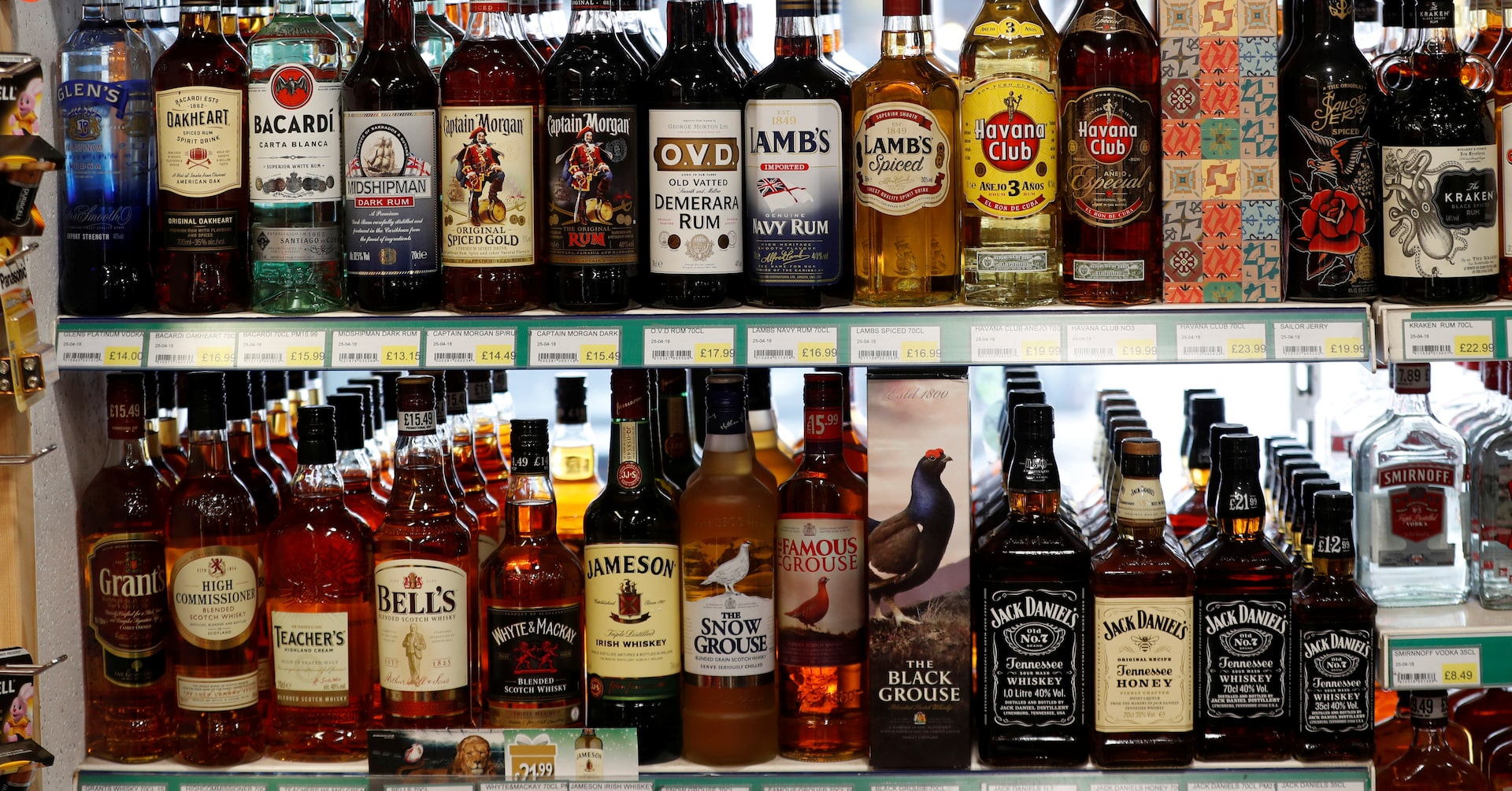On October 7, a report from market research firm Circana revealed a significant trend among younger Europeans: a notable decline in alcohol consumption due to taste preferences and health concerns. This finding points to a broader shift in consumer behavior rather than just economic challenges restricting sales.
In recent years, developed countries have witnessed a steady drop in alcohol sales, sparking discussions on the underlying reasons for these changes. While some industry executives attribute the downturn mainly to cyclical economic pressures, suggesting that sales may rebound as economic conditions improve, others argue that these changing preferences represent a more permanent shift in societal attitudes towards drinking.
Circana’s survey indicates a generational change in Europe’s drinking habits. Notably, 71% of respondents reported purchasing or consuming less alcohol. Among individuals aged 25 to 35, nearly one in four have completely eliminated alcoholic beverages from their diets.
Ananda Roy, senior vice president of thought leadership at Circana, emphasized the implications of these findings for beverage companies, stating that such a shift necessitates “strategic reinvention” within the industry.
The survey further revealed that a significant portion of the population finds non-alcoholic options appealing. Approximately 55% of respondents described non-alcoholic drinks as “more refreshing,” while an additional 27% believed they were healthier or provided better taste than their alcoholic counterparts.
This changing landscape is evident in the numbers: non-alcoholic beverages now constitute nearly 60% of sales in Europe’s beverage market, which is valued at 166 billion euros. Non-alcoholic drink sales grew by 5.1% year-on-year, contrasting with a 1.8% decline in alcoholic beverages.
Despite this trend, some alcohol producers maintain that financial difficulties remain a primary factor affecting sales. They argue that ongoing inflation and rising interest rates have pressured consumers, positioning it as a temporary setback rather than a long-term consumer behavior change.
The shift in drinking habits is not limited to Europe. According to a Gallup poll released in August, alcohol consumption among Americans has also declined, hitting an all-time low. For the first time, the majority of respondents expressed concerns that even moderate drinking could be detrimental to health.
These evolving attitudes could signify a broader movement that challenges traditional norms surrounding alcohol use, particularly among younger generations. As societies prioritizing wellness and healthier lifestyle choices increasingly gain traction, the beverage industry may need to adapt to remain relevant.
Ultimately, the implications of this trend extend beyond sales figures—they reflect a cultural transformation where social interactions and lifestyle choices are increasingly aligned with personal health and well-being. As more consumers pursue mindful drinking habits, the demand for imaginative, flavorful, and healthier beverage options will likely surge, prompting companies to innovate continually to accommodate these preferences.
Experts foresee that as awareness around health issues continues to grow, this generational shift in alcohol consumption will likely reshape the beverage market, challenging producers to rethink their offerings and marketing strategies in favor of non-alcoholic alternatives. The future of drinking culture may very well be poised for transformation as these trends become more ingrained in societal norms, moving towards a landscape where the emphasis is less on alcohol and more on taste and healthful choices.






